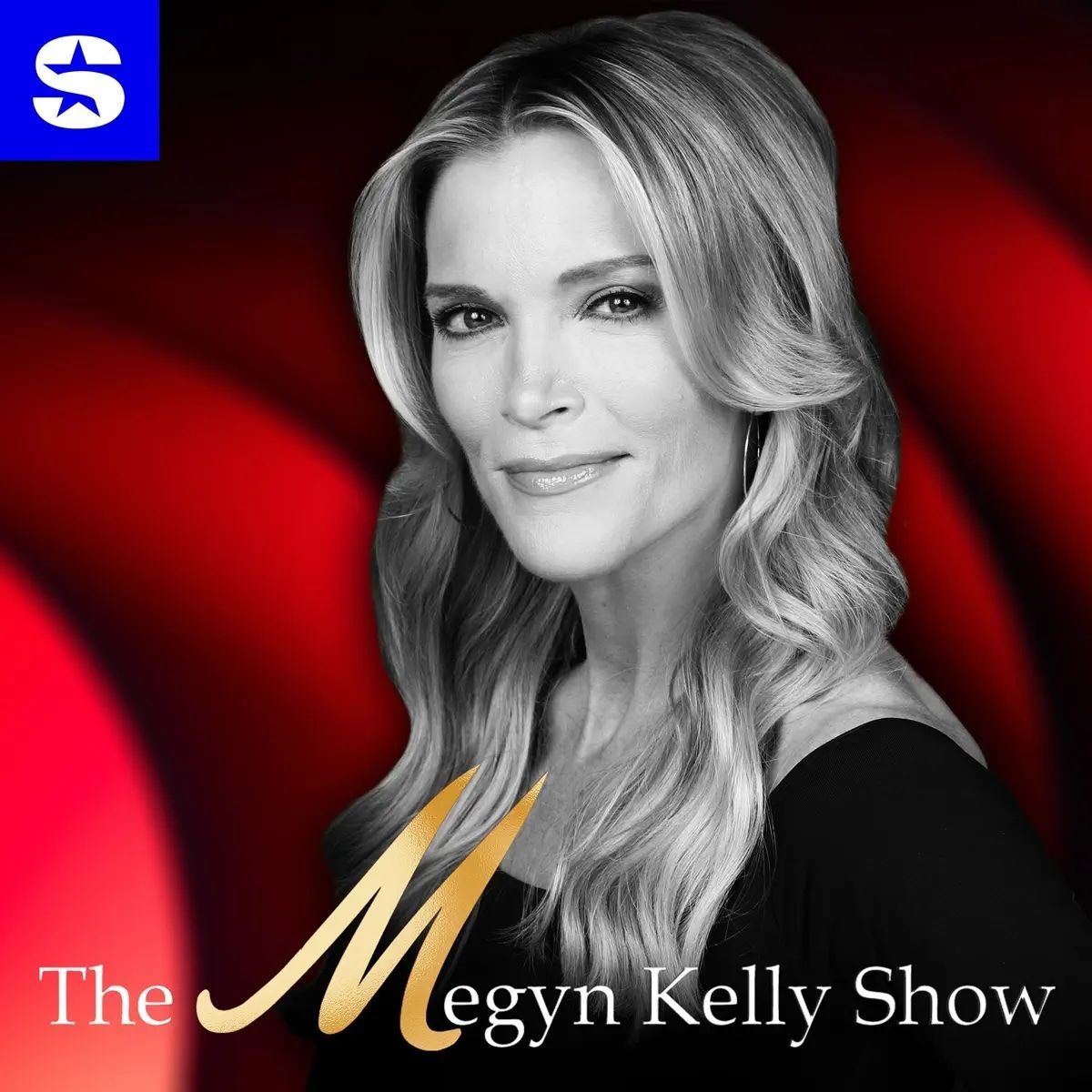Megyn chats with Jordan Peterson, a Canadian psychologist and best-selling author, joins to discuss the alarming political gender gap among young voters. He highlights how leftist policies are alienating men and boys from the Democratic Party. Peterson critiques the portrayal of masculinity in media, particularly referencing figures like Andrew Tate, and discusses the challenges young women face in today’s dating world. He also reflects on the cultural missteps of Disney’s Snow White and the evolving dynamics of fatherhood and fatherlessness in education and politics.
The Marginalization of Men: A Crisis Ignored:
It had been three years since Megyn chatted with Jordan and so it set up Peterson for focuses where we think he focuses best - a detailed study of gender issues and psychology. Kelly has been very outspoken on gender issues and so we were set up for Peterson to roll out his greatest hits with a modern twist given the changing political landscape. So, they spent a good deal of time on the crisis facing young men and boys, which Peterson argues has been exacerbated by decades of progressive policies and educational failures. He contends that boys are systematically disadvantaged in schools, where their natural tendencies—such as higher activity levels and lower agreeableness—are pathologized due the archaic structure of public schools, built more for factory workers. This is compounded by the current cultural narrative that frames male ambition and competitiveness as oppressive, undermining their sense of purpose.
Peterson highlights how Democratic initiatives, such as those from Governors Wes Moore, Gretchen Whitmer, and Ned Lamont, aimed at addressing this crisis, are superficial and politically motivated rather than substantive. This is where they start the discussion. He asserts that these efforts (more DEI, more boys as teachers) fail to address root causes, such as the demoralization of men over generations and the lack of positive male role models, particularly in fatherless homes. The family unit, he argues, continues to be the key but not the only way to get boys / men to aim up and mature. What they don’t need, however, is a system built to demoralize them.
Education in Decline, Ideology Over Merit:
Peterson critiques modern education and its ideological capture. He describes universities and K-12 systems as having been overtaken by progressive doctrines, and that is a point that is hardly debatable at this juncture. He cites the administrative bloat and the dominance of faculties of education, which he deems corrupt, as evidence of this decay. His broader argument that institutions once built on merit—like Harvard in the 1990s—have lost their way, selecting for ideological conformity over intellectual capacity, thus devaluing their degrees and necessitating new educational models. Despite the recent pushback on DEI, universities and public schools have not abandoned its prescept, in the least. There is a lot of work to be done, as university have rotten to their core and may be “dead”.
Masculinity Misunderstood: Responsibility vs. Power:
The misrepresentation of masculinity is another topic that is a thread throughout the conversation. Peterson contrasts what he sees as the left’s caricature of masculinity—either weak "soy boys" or power-hungry bullies—with his vision of responsible manhood. He criticizes figures like Andrew Tate, whom he labels a "pimp" exploiting vulnerable men with a shallow power-centric masculinity, and contrasts this with his own message of maturity through responsibility. The discussion critiques Democratic attempts to appeal to young men through superficial toughness (e.g., Senator Chris Murphy’s awkward swearing) as misguided, arguing that young men are drawn to figures like Trump and Elon Musk not for bullying traits but for their success, energy, and defiance of progressive norms.
The Cost of Progressivism: Women’s Unhappiness and Childlessness:
Finally, the conversation addresses the profound impact of these cultural shifts on women, particularly the rise in unhappiness and childlessness among young liberal women. Peterson links this to the deprioritization of marriage and family, arguing that progressive nihilism undermines the social structures—family, community, and tradition—that provide meaning and resilience. He warns that half of women at 30 in the West are childless, with half of those never having children despite desiring them, leading to a future of isolation. Responding to young conservative women asking whether to "settle" in relationships, he reframes the question, urging them to focus on self-improvement to attract worthy partners rather than assuming they are the ones compromising.
Conclusion:
We hear a lot of Peterson and occasionally cover his podcast. He’s at his best as an interviewee and presenter, rather than an interviewee. Kelly gives him the room to draw on his pscychological experience and research to perfectly frame up the issues men are facing today. Additionally, he’s able to convincingly convey that the issues men are facing are negatively impacting women. Together these issues impact…humanity. If you aren’t familiar with Peterson or haven’t heard him in a while, this is a good listen that gets better as it goes. Note: he’s got a cold, or something…
THE PODSCORE: 4.5 (out of 5) MICS
